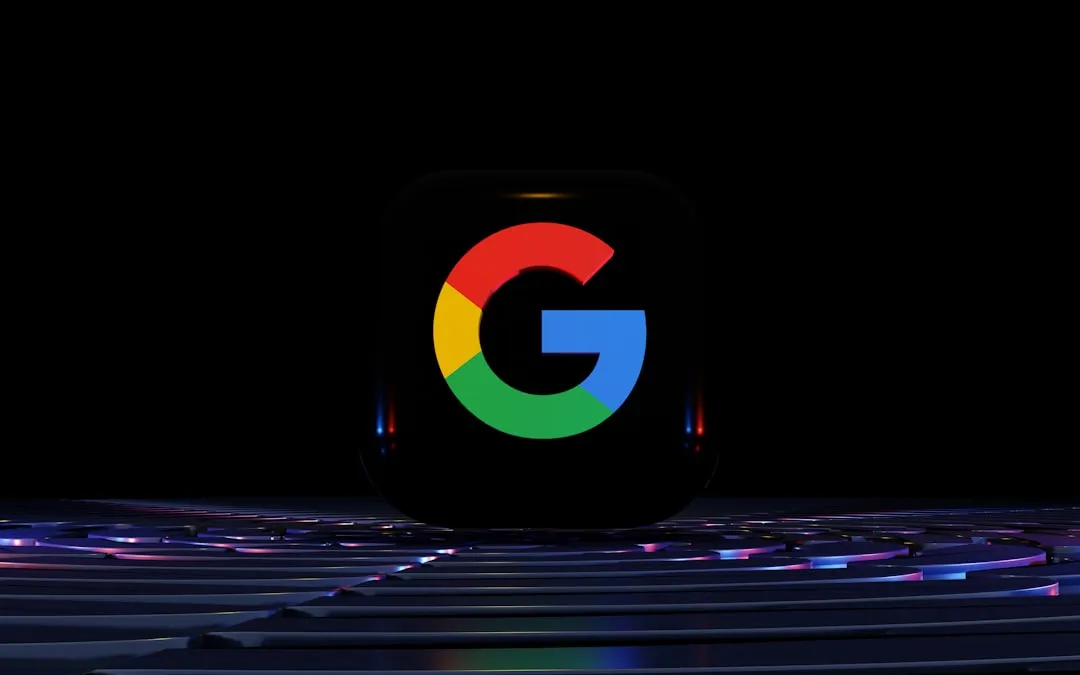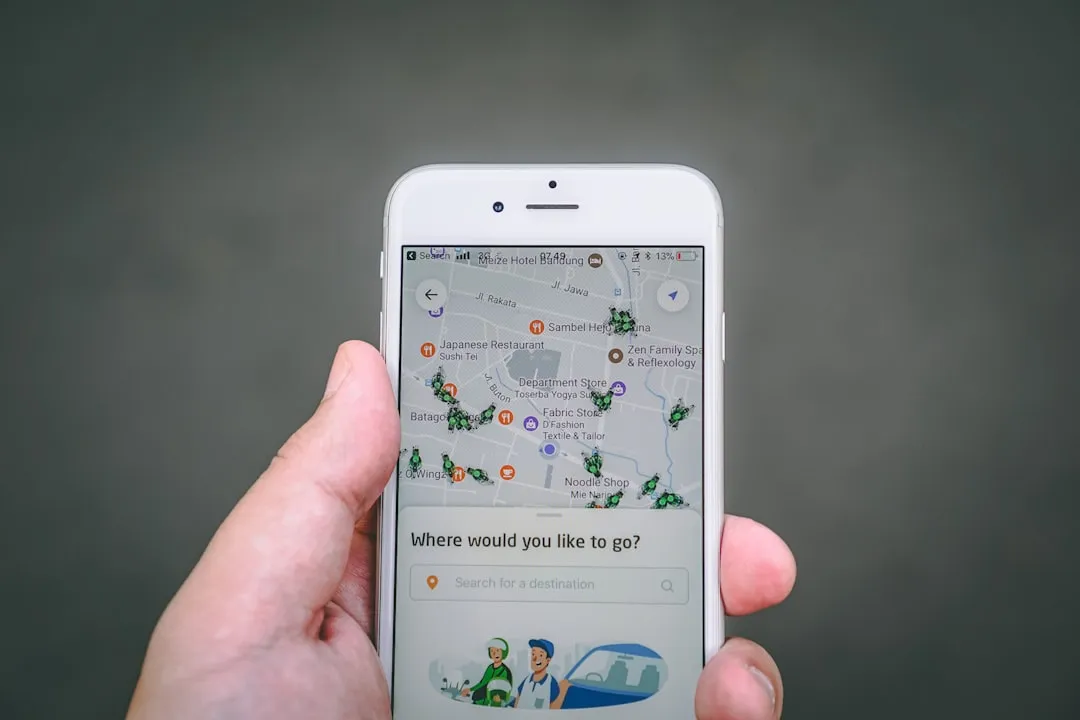Picture this: you wake up to find Google's AI assistant has quietly gained access to your WhatsApp messages, phone calls, and SMS — whether you asked for it or not. Sound dystopian? Welcome to July 2025, when Google rolled out Gemini access to core Android apps across the board.
What you need to know:
- Gemini now accesses Messages, Phone, WhatsApp and Utilities — even if you previously turned off activity tracking
- Google stores this data for up to 72 hours regardless of your privacy settings
- The good news: you absolutely can disable these permissions and regain control
- Better news: if Gemini wasn't installed on your device already, this update won't secretly add it
The kicker? Google's own email to users mentioned that Gemini will interact with these apps "whether your Gemini Apps Activity is on or off." This represents Google's shift from opt-in AI features to AI-by-default integration—a fundamental change in how your personal data feeds machine learning. That 72-hour window isn't just about your current conversations—it's about training future AI models on your communication patterns.
The nuclear option: switching back to Google Assistant
Here's the most straightforward way to sidestep Gemini entirely — and it works on everything from Pixel phones to Samsung devices. During our testing across five Android devices, Method 1 worked consistently on Pixel and Samsung phones, while Method 2 proved more reliable on OnePlus devices.
Method 1 (via Digital Assistant settings):
- Open your phone's Settings app
- Navigate to Google → All services → Search, Assistant and Voice
- Select Gemini → Digital Assistant from Google
- Choose Google Assistant from the options
Method 2 (directly through Gemini):
- Open the Gemini app and tap your profile picture
- Select Switch to Google Assistant
- Confirm by choosing Google Assistant
PRO TIP: Google Assistant's simplicity means faster response times but no contextual memory. Ask "What's my next meeting?" and you'll get an answer. Follow up with "Move it to 3 PM" and Assistant won't remember the context—unlike Gemini's conversational threading. Google Assistant is simpler but if you value straightforward functionality over AI bells and whistles, that's probably a feature, not a bug.
This nuclear approach works best if you've already decided AI conversation features aren't worth the privacy trade-off. But if you want more granular control, the next method lets you cherry-pick which boundaries to set.
Surgical precision: disabling specific Gemini permissions
Maybe you want to keep Gemini around but draw some hard boundaries. The Android Authority found that while the Gemini app itself doesn't show removable permissions, you can control what it accesses through the underlying Google app.
To disable app-specific access:
- Open the Gemini app on your Android device
- Tap your profile icon in the top-right corner
- Select Apps from the menu
- Toggle off any apps you don't want Gemini accessing (Phone, Messages, WhatsApp, Utilities)
To disable broader permissions:
- Open Settings → Apps → Google
- Tap Permissions
- Disable microphone, location, or other permissions you're uncomfortable sharing
This system-wide impact actually reveals how deeply Google has integrated AI into Android's core functions. Disabling microphone access doesn't just affect Gemini—it fragments Google's entire ecosystem integration, which might be exactly what privacy-focused users want. Advanced users often disable microphone and location permissions here, then re-enable them selectively for specific Google services through individual app settings—creating a more controlled AI interaction environment.
Going scorched earth: removing Gemini completely
If you want Gemini gone for good, your options depend on how deeply it's baked into your device. Some Android phones let you uninstall it like any other app, while others require more creative solutions.
Try the simple approach first:
- Long-press the Gemini app icon
- Tap Remove or look for an Uninstall option
- If that doesn't work, head to Settings → Apps → Gemini → Uninstall
For system-integrated Gemini:
- Navigate to Settings → Apps → Gemini
- Select Disable (this removes it from your app drawer and stops background activity)
- Choose Force Stop to immediately halt any running processes
For users who've tried the standard removal methods and found Gemini persistently returning with system updates, developer tools offer a more permanent solution. PRO TIP: Developer-savvy users can use Android Debug Bridge (ADB) to completely remove Gemini with the command adb shell pm uninstall com.google.android.apps.bard — but that's definitely power-user territory. The ADB route creates a truly Gemini-free environment, but it also means losing access to any genuinely useful AI features Google might introduce later—a trade-off that's increasingly relevant as AI integration deepens.
The data cleanup: what Google keeps and how to delete it
Even after disabling Gemini, Google may retain your interaction data for up to 72 hours "for security, safety, and user feedback." That three-year retention window for human-reviewed conversations reveals Google's long-term AI training strategy. Even "disconnected" data contributes to model improvement—your deleted conversations become anonymous training examples for future Gemini versions.
To clear your Gemini history:
- Visit myactivity.google.com/product/gemini in your browser
- Review your past Gemini interactions
- Delete specific activities or your entire Gemini history
- Consider this your digital paper shredder
This data cleanup process highlights a key reality of modern AI: deletion often means "removed from your view" rather than "erased from existence." Understanding this distinction helps you make more informed decisions about what to share with AI systems in the first place. Avoid sharing sensitive information in any AI chat, as Google explicitly advises against it.
Why this matters more than you think
Google's quiet integration of Gemini into core Android functionality represents a significant shift in how tech companies handle user consent. The fact that Gemini accesses apps regardless of previous privacy settings suggests we're entering an era where AI integration is assumed, not requested.
Privacy advocates are rightfully concerned about this approach, especially when it comes to accessing private WhatsApp conversations and SMS messages. The good news: if you previously disabled these features, Google says they'll remain off after the update.
These permission audits aren't one-time fixes—they're the foundation for an ongoing privacy strategy. As Google integrates AI more deeply into Android with each update, expect to revisit these settings quarterly, not just when major changes make headlines. Based on our testing of Google's AI rollout patterns over the past two years, users who establish these boundaries early face fewer surprise integrations later. The investment in understanding these controls now pays dividends as AI features multiply.



























Comments
Be the first, drop a comment!